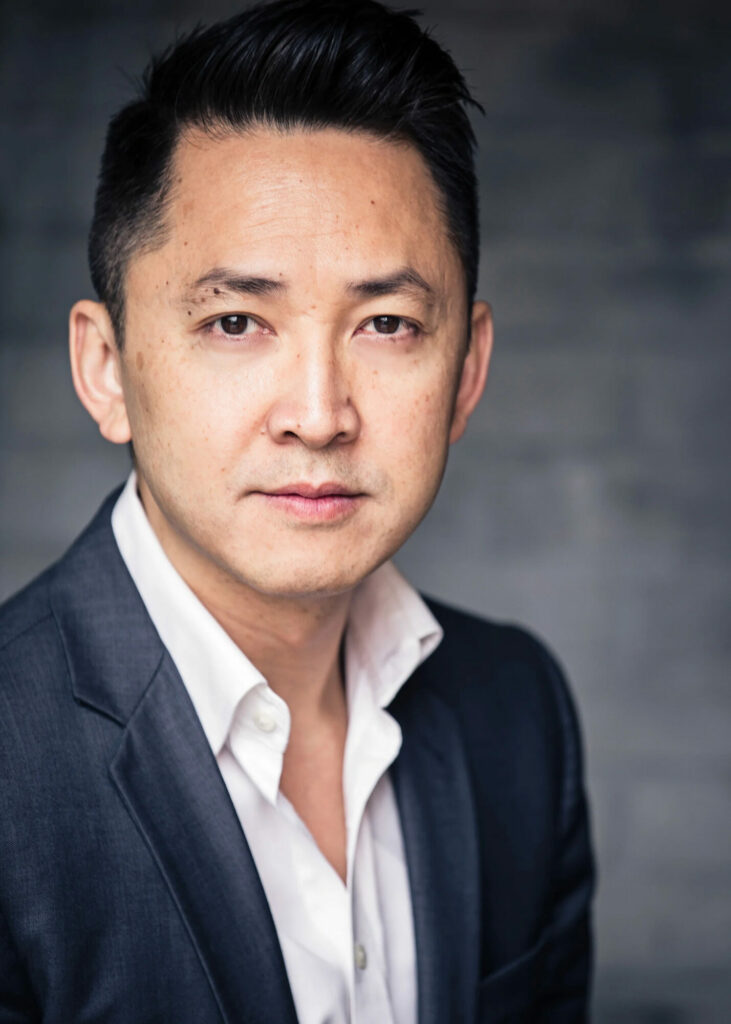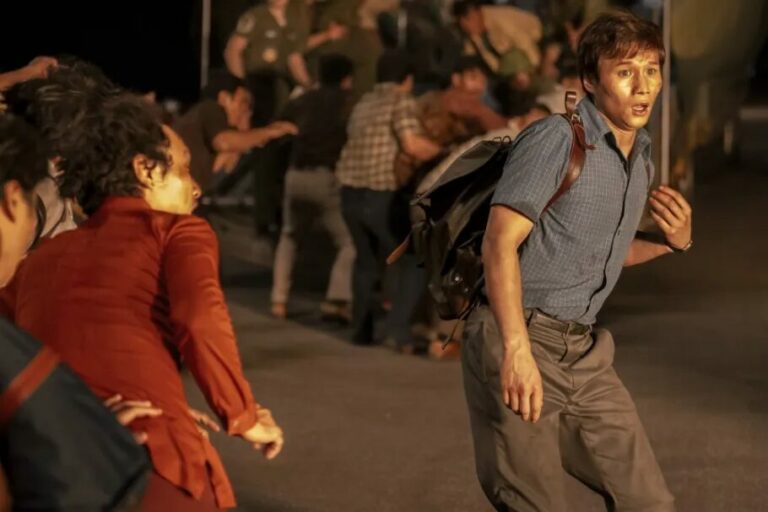Pulitzer-winning novelist, academic Viet Thanh Nguyen to discuss colonization, otherness in Norton Lectures—article about Viet Thanh Nguyen and his Norton Lectures by The Harvard Gazette

Viet Thanh Nguyen was on tour for his first novel, “The Sympathizer,” when he found himself discussing his childhood before an audience of 800.
“I was talking about my parents and the grocery store that they ran in San Jose, California, and the difficulties that they encountered,” recalled the Pulitzer Prize winner, who was 4 in 1975 when his family fled Vietnam. “My voice broke and I was suddenly overcome by emotion. I couldn’t go on. I find it terrifying to try to go to someplace that I thought I’d left behind.”
Nguyen, who will be delivering this year’s Norton Lectures, knew writing a memoir would be difficult. He also knew he wanted to confront his fears. The forthcoming “A Man of Two Faces” weaves Nguyen’s personal story with larger ideas of refugeehood, colonization, and Vietnamese and American history, and will be the subject of one of his talks.
“I wanted to write a memoir that would not only do justice to my mother, but situate her and myself and my family in this larger historical context that produced many people like us,” said Nguyen, who has a Ph.D. from the University of California, Berkeley, and is a professor of English and American studies and ethnicity at the University of Southern California.
In addition to “The Sympathizer,” which won the Pulitzer in 2016, Nguyen is also the author of its sequel, “The Committed,” the nonfiction books “Nothing Ever Dies” about the Vietnam War, “Race and Resistance: Literature and Politics in Asian America,” and a short story collection titled “The Refugees.” He was the 2008-2009 Suzanne Young Murray fellow at Harvard’s Radcliffe Institute for Advanced Study.
“In their inspired choice of Viet Thanh Nguyen, the committee was attentive to the tradition of Norton professors who are not only major poets and fiction writers, but also important public intellectuals and critics: Toni Morrison, Orhan Pamuk, Nadine Gordimer, Jorge Luis Borges, T.S. Eliot, and others,” said Robin Kelsey, dean of arts and humanities. “At the same time, we were mindful that this tradition has had significant blind spots. Professor Nguyen’s work, in its brilliant evocations of Asian American and refugee experiences, speaks powerfully to what he calls ‘the juncture of exclusion and inclusion.’”
The six-lecture series, which will take place throughout the fall and during spring 2024, is titled “To Save and Destroy: On Writing as an Other.” Nguyen chose the theme, he explained, because stories were a powerful lifeline for him while growing up as a refugee. As he grew older, though, stories started to serve the devastating purpose of making him feel like an “other,” in both American and Vietnamese spaces.
“At the root of these lectures is this pervasive preoccupation that I’ve had both with storytelling and its power, but also with my own place in relationship to ‘otherness,’ my own otherness, the otherness of others.”
Nguyen will kick off the series Sept. 19 by focusing on the duality of his own identity and how that same quality appears in literature by other writers who may be considered “others.” Nguyen, who calls writing his “mission,” said the drive to write initially came from wanting to fill the gaps and correct the misrepresentations he observed in stories about refugees and Asian Americans.
The second lecture, on Oct. 17, coincides with the release of his memoir, a book Nguyen says he wrote not by outline but “by instinct,” allowing one memory to flow freely into the next.
In December and February’s lectures, Nguyen will focus on America’s history of anti-Asian violence and the history and literature on border crossings. Lectures in March and April will explore the idea of being a “minority” writer and finding joy in being an “other” in society.
“Otherness is oftentimes a very individual experience, but just as often a collective experience from long histories of violation and conquest,” Nguyen said. “To be ‘other’ can be misconstrued as a very negative experience and one impulse people have is to desperately desire to be included somehow. But what are the possibilities of joy to be found in otherness as well? It’s a question that I am thinking through.”
The Norton Lectures are free and open to the public. They are hosted biennially by the Mahindra Humanities Center and recognize individuals of extraordinary talent who, in addition to their area of expertise, have the gifts of wide dissemination and wise expression.


